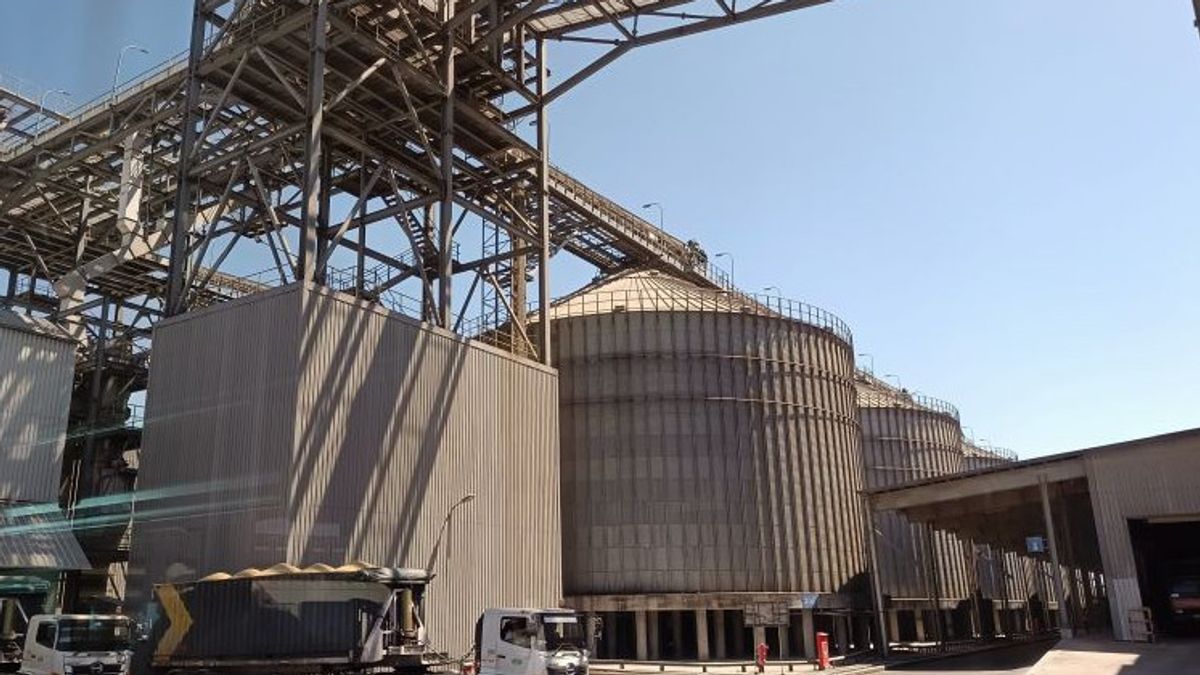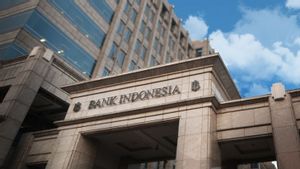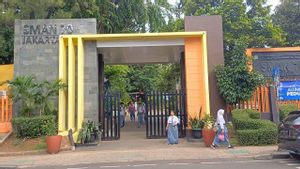JAKARTA - Researcher from the Center of Reform on Economics (CORE) Indonesia Yusuf Rendy Manilet said that security measures in the context of international trade (safeguard) are an important thing to maintain the sustainability of the domestic industry. "If we talk about the context of Indonesia, actually safeguarding is important then in the context of protecting domestic business actors," he said in Jakarta, quoted from Antara, Wednesday, August 14. According to him, the safeguard can protect industry players in the country, given that from the demand side (demand), the purchasing power of the Indonesian people is experiencing a decline, so that by implementing security measures it can minimize the problems faced by the national industry in terms of demand (supply). "We see that there are no more seasonal or seasonal factors that can encourage demand for consumption. In contrast to the first quarter that is still shrouded in there is a Ramadan month factor. Whereas the second quarter the seasonal factor is relatively not the case," he said. Furthermore, according to him, related to the decrease in Purchasing Manager's Index (PMI) manufacturing which in July 2024 fell to 49.3 points, such contractions were not only experienced by Indonesia alone, but in several other countries. This is due to the existence of global geopolitical problems, as well as benchmark interest rates in developed countries that affect the availability flow (supply) and demand (demand) products in the domestic industry. Previously, the Ministry of Industry (Kemenperin) encouraged domestic industry players to take advantage of the implementation of a safeguard policy in the form of Safeguarding Customs (BMTP) that had been set by the Ministry of Finance against cloth import products. This policy became a moment to strengthen the competitiveness of domestic industries by encouraging the public using fabric products made by domestic industries.
SEE ALSO:
Minister of Finance Sri Mulyani Indrawati on Tuesday (6/8) signed Minister of Finance Regulation (PMK) Number 48 of 2024 concerning the Imposition of Safeguard Measures on Imports of Cloth Products. The rules that take effect on August 9 will apply BMTP to 124 countries that are valid for three years, with the category, among others, namely the woven fabric segment of cotton, woven fabrics from synthetic and artificial filamentary threads, woven fabrics from synthetic and artificial stupel fibers, tule fabrics and other net fabrics, as well as knitted fabrics or links. However, not all producing countries are subject to BMTP for all segments.
The English, Chinese, Japanese, Arabic, and French versions are automatically generated by the AI. So there may still be inaccuracies in translating, please always see Indonesian as our main language. (system supported by DigitalSiber.id)
















